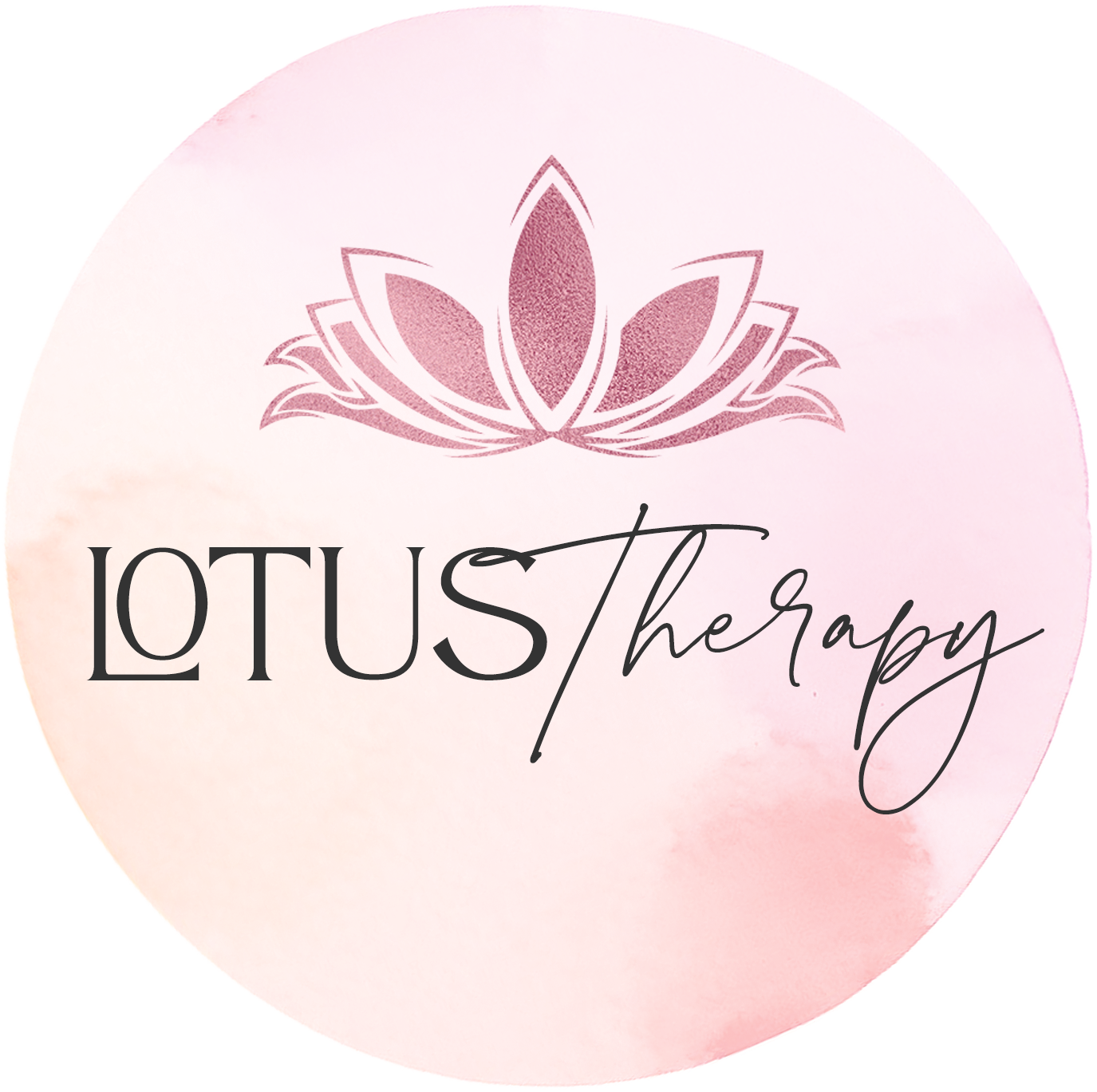The Zeigarnik Effect
How Unfinished Business Impacts Your Relationship
Have you ever noticed that unfinished tasks, unresolved conflicts, or incomplete conversations tend to linger in your mind longer than the things you’ve completed? That’s not just a coincidence—it’s a psychological phenomenon known as the Zeigarnik Effect, named after psychologist Bluma Zeigarnik, who discovered that the brain holds onto unresolved situations far more intensely than those that are finished.
While the Zeigarnik Effect is often discussed in terms of productivity and memory, its impact on relationships is profound. Unfinished emotional conversations, unresolved arguments, and unspoken feelings can create mental and emotional tension, keeping couples stuck in cycles of frustration, distance, or resentment.
In this blog post, we’ll explore how the Zeigarnik Effect plays out in relationships, why unresolved emotions can cause long-term damage, and how you and your partner can break free from its grip to foster deeper connection and peace.
What Is the Zeigarnik Effect?
The Zeigarnik Effect is the brain’s tendency to remember unfinished tasks or unresolved matters more vividly than completed ones. This happens because the mind keeps looping back to what’s unfinished, attempting to remind us that something still needs attention.
In relationships, this effect can take many forms, such as:
Unresolved arguments that replay in your mind long after they happen.
Unspoken emotions that weigh on you, making it hard to be fully present with your partner.
Lingering hurt from past conflicts that keeps resurfacing in new disagreements.
Simply put, when issues in a relationship go unaddressed, they don’t just disappear—they remain open loops in your mind, demanding emotional energy and attention until they are resolved.
How the Zeigarnik Effect Impacts Relationships
Unfinished emotional business doesn’t just cause mild irritation—it can create a significant strain on your relationship. Here’s how:
1. Unresolved Issues Keep Circling Back
Have you ever had the same argument over and over again? That’s the Zeigarnik Effect at play. When conflicts don’t get fully resolved, they keep resurfacing, often in new forms. For example, a disagreement about household responsibilities might evolve into a deeper frustration about feeling unappreciated.
2. Emotional Clutter Builds Up
Just like a cluttered room makes it hard to focus, emotional clutter from unresolved tension makes it difficult to be fully present with your partner. Over time, this creates emotional exhaustion, making even small interactions feel heavy.
3. Resentment and Disconnection Grow
When a partner feels unheard or when concerns are brushed aside, resentment can quietly build. The longer an issue remains unresolved, the stronger the emotional charge around it becomes, leading to emotional distance and disconnection.
4. Anxiety and Overthinking Take Over
Unresolved relationship issues don’t just affect your time together—they follow you throughout the day. Whether it’s replaying a conversation in your head at work or feeling tension at home, the Zeigarnik Effect keeps your mind stuck in an unresolved state, increasing stress and emotional fatigue.
How to Break the Cycle and Resolve Unfinished Emotional Business
The good news? The Zeigarnik Effect can work in your favor. The key is to close those open loops—by resolving conflicts, expressing emotions, and making peace with what’s unfinished. Here’s how:
1. Recognize the Open Loops in Your Relationship
Start by identifying the unresolved issues that keep resurfacing. Ask yourself:
What conversations do I keep replaying in my mind?
Are there arguments we never fully resolved?
Are there emotions I’ve been holding back from my partner?
Bringing awareness to these unresolved loops is the first step toward breaking free from their hold.
2. Prioritize Open and Honest Communication
Instead of letting unfinished conversations linger, create space to talk openly with your partner. This means setting aside time when both of you are calm and emotionally available to discuss unresolved concerns.
Example:
“I’ve noticed that our conversation about finances last week didn’t really get resolved, and it’s been on my mind a lot. Can we revisit it and find a way forward together?”
3. Use the “Finish What You Started” Approach
Just like completing a task relieves mental stress, closing open emotional loops brings relief. Make a conscious effort to follow through on difficult conversations instead of leaving them half-addressed.
If you start discussing an issue, commit to seeing it through rather than shutting down.
If a fight escalates and you take space, make sure to return to the conversation rather than ignoring it.
If you’ve been meaning to express something but keep putting it off, prioritize saying what needs to be said.
4. Replace Avoidance with Resolution
It’s tempting to avoid difficult conversations, hoping time will make them disappear. But the Zeigarnik Effect ensures they’ll keep resurfacing until they’re addressed. Instead of avoidance, lean into resolution by approaching discussions with curiosity rather than defensiveness.
Ask, “What do you need from me to feel heard in this situation?”
Practice active listening without interrupting.
Focus on finding solutions rather than proving a point.
5. Let Go of What You Can’t Change
Not all unresolved issues need to be revisited—some need to be released. If there are past disagreements that no longer serve the relationship but still linger in your mind, practice letting go.
Forgiveness isn’t about forgetting—it’s about freeing yourself from the emotional weight of the past.
If an issue feels small in the grand scheme of things, ask yourself: “Is holding onto this helping or hurting me?”
By consciously choosing to release what no longer needs your energy, you create space for peace and connection.
Turning the Zeigarnik Effect into a Relationship Strength
The Zeigarnik Effect exists because our minds want closure. Instead of seeing it as a burden, use it as a tool for growth.
If something is bothering you, let it be a signal to address it, not suppress it.
If a past argument still lingers, see it as a reminder to have a deeper conversation.
If emotions feel unresolved, recognize it as an opportunity for healing and connection.
The more you practice completing emotional loops, the lighter and more resilient your relationship becomes.
Final Thoughts
Unresolved emotions don’t just disappear—they stay with us, shaping the way we interact with our partners. But by recognizing the impact of the Zeigarnik Effect, prioritizing open communication, and committing to resolution, couples can break free from the cycle of unfinished business and create a relationship that feels lighter, stronger, and more connected.
If you’re struggling with unresolved tension in your relationship and want support in breaking these patterns, I’m here to help. Contact me today to start building healthier communication and deeper emotional connection with your partner.
As a couples therapist based in Lakeland, Florida, I offer personalized counseling services to help couples strengthen their relationships. If you feel that professional help could benefit your relationship, don’t hesitate to reach out! If you're looking for something more personalized, I invite you to contact me for a consultation or book a session. Together, we can work towards building a more intentional and fulfilling relationship.
Written By: Crystin Nichols MS, RMFTI

